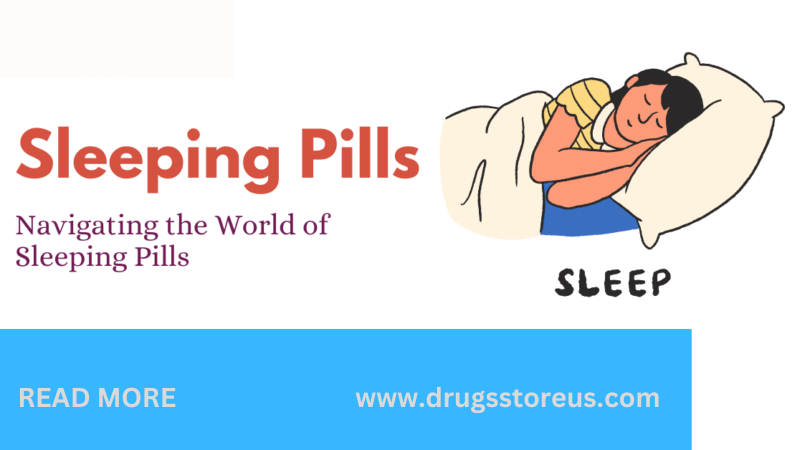Understanding Sleeping Pills: Benefits and Risks
In our modern, fast-paced world, a good night’s sleep can sometimes feel elusive. For those struggling with insomnia or other sleep disorders, the promise of sleeping pills can be tempting. These medications, designed to induce sleep or improve sleep quality, are widely available and commonly used. However, like any medication, they come with both benefits and risks that warrant careful consideration.
Benefits of Sleeping Pills
Sleeping pills primarily work by sedating the central nervous system, which can help individuals fall asleep faster and stay asleep longer. Here are some key benefits associated with their use:
- Improved Sleep Onset: One of the primary benefits of sleeping pills is their ability to reduce the time it takes to fall asleep, especially for those with insomnia.
- Extended Sleep Duration: They can also help individuals stay asleep throughout the night, promoting a more restful sleep cycle.
- Relief from Sleep Disorders: For people suffering from conditions like insomnia or sleep disturbances due to shift work or jet lag, sleeping pills can provide much-needed relief.
- Enhanced Quality of Life: By improving sleep, these medications can contribute to better mood, increased daytime alertness, and improved overall quality of life.
Risks Associated with Sleeping Pills
While sleeping pills can be effective, they are not without potential drawbacks and risks. It’s essential to weigh these factors carefully:
- Dependency and Tolerance: Long-term use of sleeping pills can lead to dependency, where the body becomes reliant on the medication to induce sleep. Moreover, individuals may develop a tolerance, requiring higher doses over time to achieve the same effect.
- Side Effects: Common side effects include dizziness, drowsiness, headaches, and gastrointestinal issues. Some individuals may also experience cognitive impairment or memory problems, especially with certain types of medications.
- Complex Sleep Behaviors: In rare cases, sleeping pills have been associated with complex sleep behaviors like sleepwalking, sleep-driving, or even sleep-eating. These behaviors can occur without the person being fully conscious, posing potential dangers.
- Drug Interactions: Sleeping pills can interact with other medications or substances, intensifying side effects or reducing their effectiveness. It’s crucial to disclose all medications to a healthcare provider before starting a new sleep regimen.
- Withdrawal Symptoms: Abruptly stopping sleeping pills after long-term use can lead to withdrawal symptoms such as rebound insomnia, anxiety, or even seizures in severe cases
Choosing the Right Approach
When considering the use of sleeping pills, it’s important to approach them with caution and under the guidance of a healthcare provider. Here are some considerations to help ensure safe and effective use:
- Consultation with Healthcare Provider: A healthcare provider can assess individual sleep patterns, diagnose any underlying conditions contributing to sleep disturbances, and recommend appropriate treatment options.
- Exploring Non-Drug Alternatives: Lifestyle changes, cognitive behavioral therapy for insomnia (CBT-I), relaxation techniques, and sleep hygiene practices can often improve sleep without the need for medication.
- Understanding Short-Term vs. Long-Term Use: Sleeping pills are typically recommended for short-term use to manage acute sleep issues. Long-term use should be carefully monitored to minimize risks.
- Medication Selection: There are different types of sleeping pills with varying mechanisms of action. Your healthcare provider can recommend the most suitable option based on your specific needs and medical history.
- Monitoring and Adjustment: Regular follow-ups with a healthcare provider are essential to monitor the effectiveness of the medication, adjust dosage if necessary, and address any emerging side effects or concerns.
Conclusion
Sleeping pills can be a valuable tool for managing sleep disorders and improving quality of life, but they are not a one-size-fits-all solution. Understanding the benefits and risks associated with these medications is crucial for making informed decisions about their use. By working closely with healthcare providers and exploring holistic approaches to sleep health, individuals can find a balanced approach that promotes restful, rejuvenating sleep while minimizing potential risks. Ultimately, the goal is to achieve sustainable and healthy sleep patterns that support overall well-being.




